
By Gavin Riley in Beijing
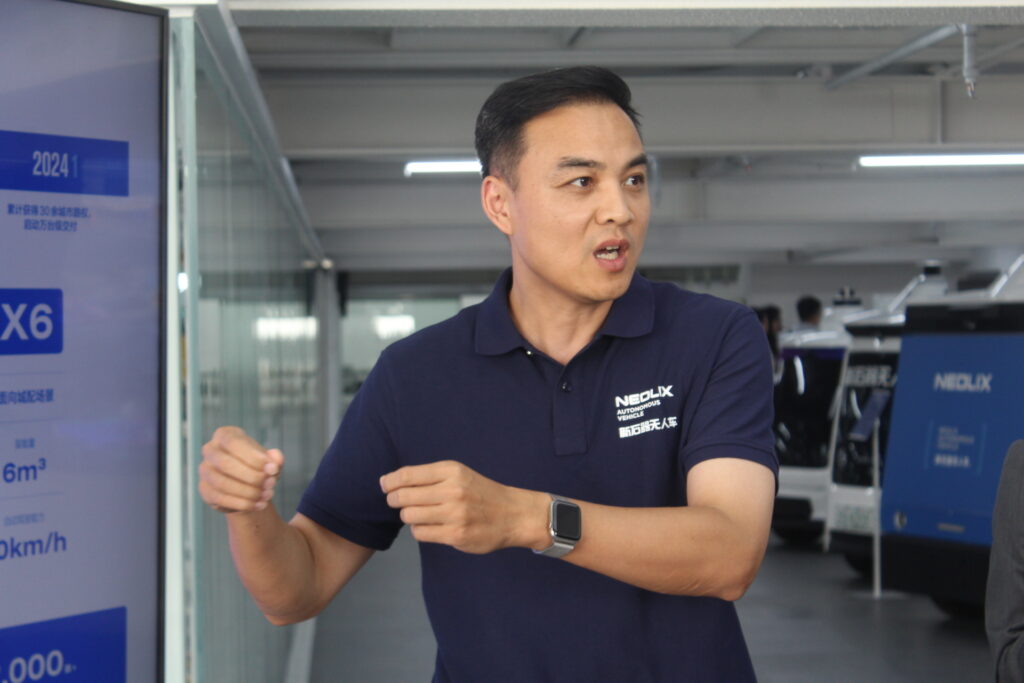
The People’s Republic of China, celebrating 75 years since its founding earlier in October, has grown from a burgeoning agrarian society to the second-most powerful economy and one of the most digitally integrated in the world.
Much of this success can be credited to China’s ingenious minds in research and technology, which has spurred tremendous growth and national development.
Automated vehicle company, Neolix, is just one of several cutting-edge technologies that journalists under the second half of the China International Press Communication Center (CIPCC) 2024 programme got to experience first-hand.
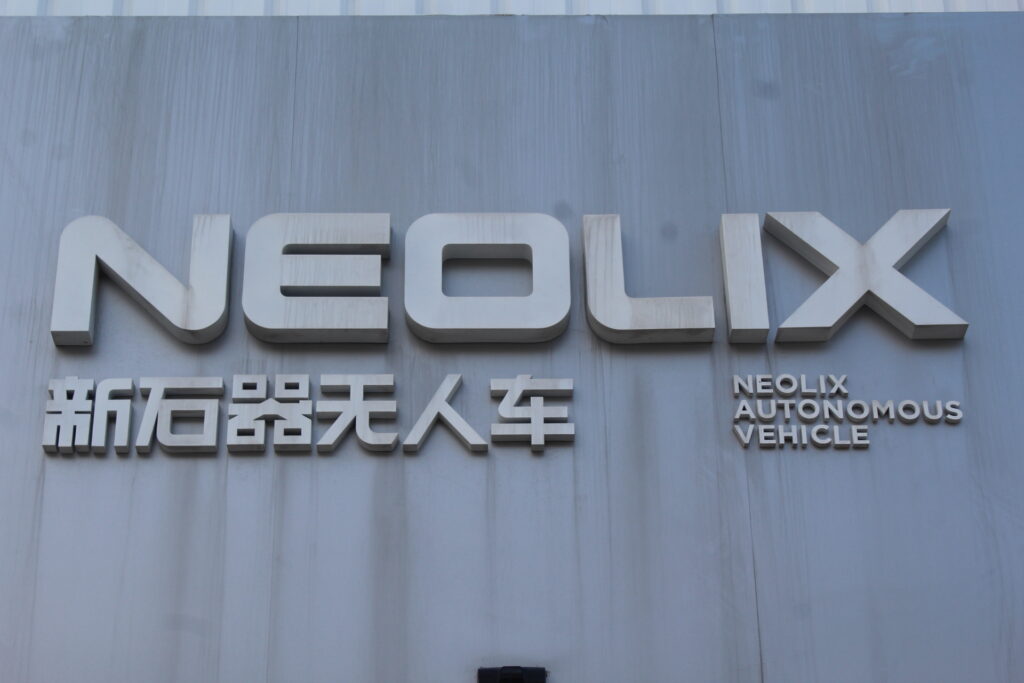
Co-founder Yang Zhe, speaking at the Neolix Codistribution Center in Beijing’s eastern Tongzhou district, explained that the company began research and development (R&D) work in 2016 and successfully developed its first autonomous unmanned vehicle in 2019.
Since obtaining road licence privileges in 2021, Neolix now operates 2,835 unmanned vehicles across mainland China—each equipped with at least nine high-definition cameras capable of recognising other automobiles in broad daylight, nighttime and inclement weather conditions.
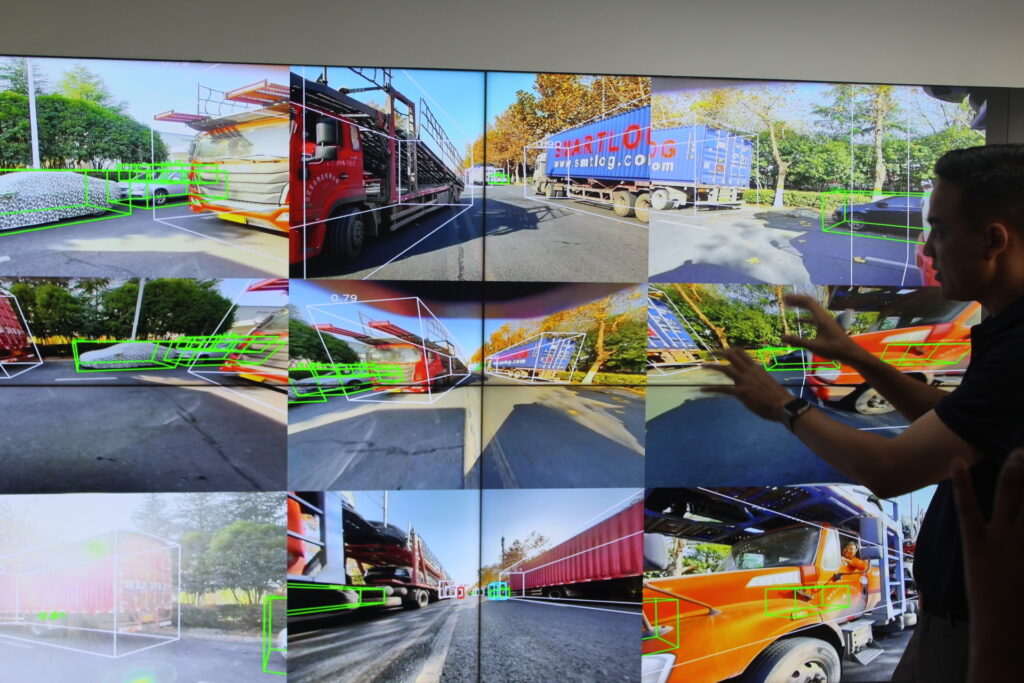
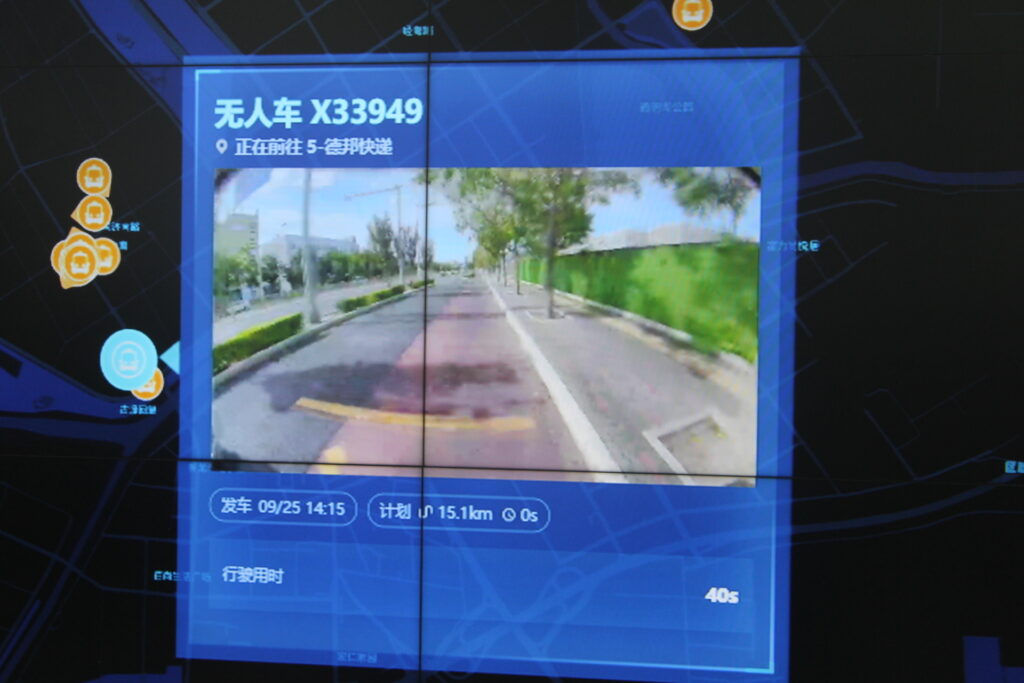
Currently, the unmanned vehicles serve as couriers and can deliver over 400 packages daily.
Acknowledging its scalability potential, Yang told Our Today that Neolix’s mission is to complement shortfalls in China’s bustling courier industry, which struggles to meet the growing consumer demand while addressing road safety concerns.
“First of all, I would say the approximate total amount of packages to be delivered per day across the nation is about 1.4 billion, and we only have 10-20 million couriers. So each year—whether it’s the government or logistics companies—they face challenges [in] recruiting more couriers [and] that requires a product that can help couriers improve their work efficiency,” he explained.
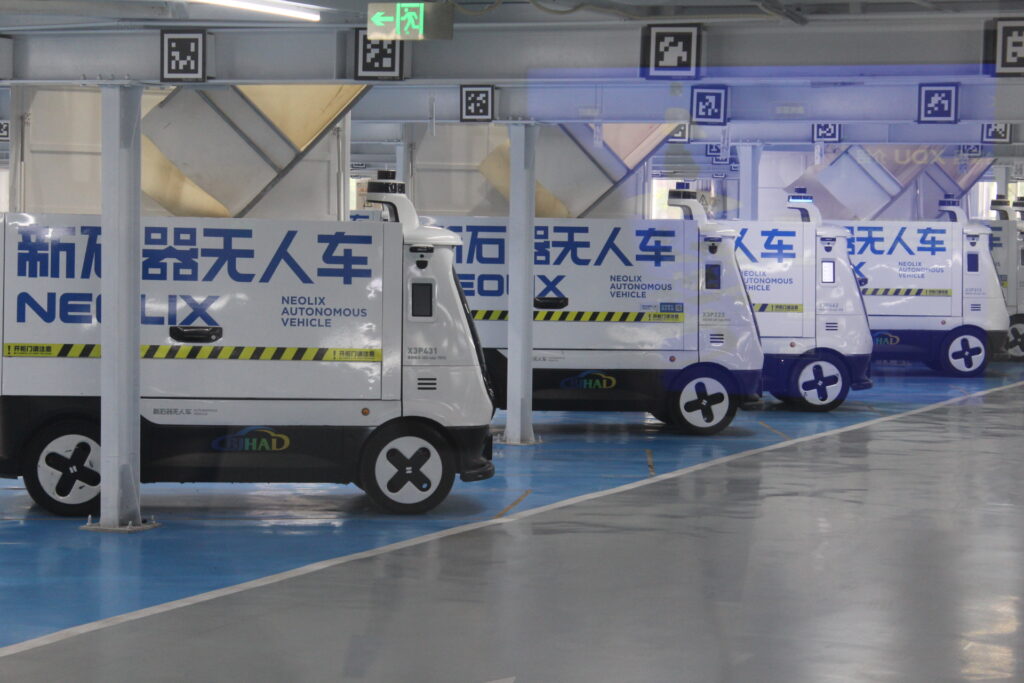
“We can empower these companies to improve, and in that case, these couriers can deliver many more packages per day, say from 200 to 400. And if we apply these types of vehicles, we can [also] improve couriers’ salaries and solve the challenges of recruitment—because if they can earn more, others would be willing to do this job,” Yang told Our Today.
“As you would also know, Chinese logistics companies have very high requirements regarding efficiency, which cause many traffic accidents by couriers who often violate traffic rules—and by utilising these types of unmanned vehicles which completely adhere to road laws, we can also ensure road safety and the couriers’ personal safety,” the Neolix co-founder insisted.
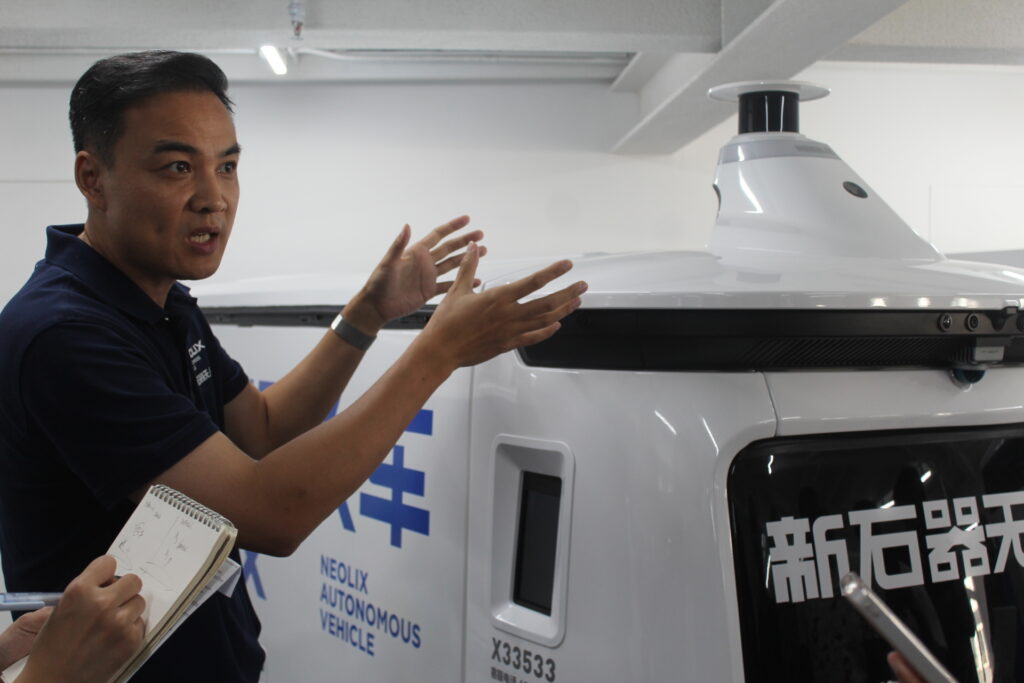
The five generations of autonomous vehicles undergo a rigorous regimen of R&D testing against extreme weather, wayward drivers and other risks before leaving Neolix’s Tongzhou-based co-distribution centre.
International journalists witnessed the popular X3 and X6 models, which boast three and six cubic metres of storage space respectively.
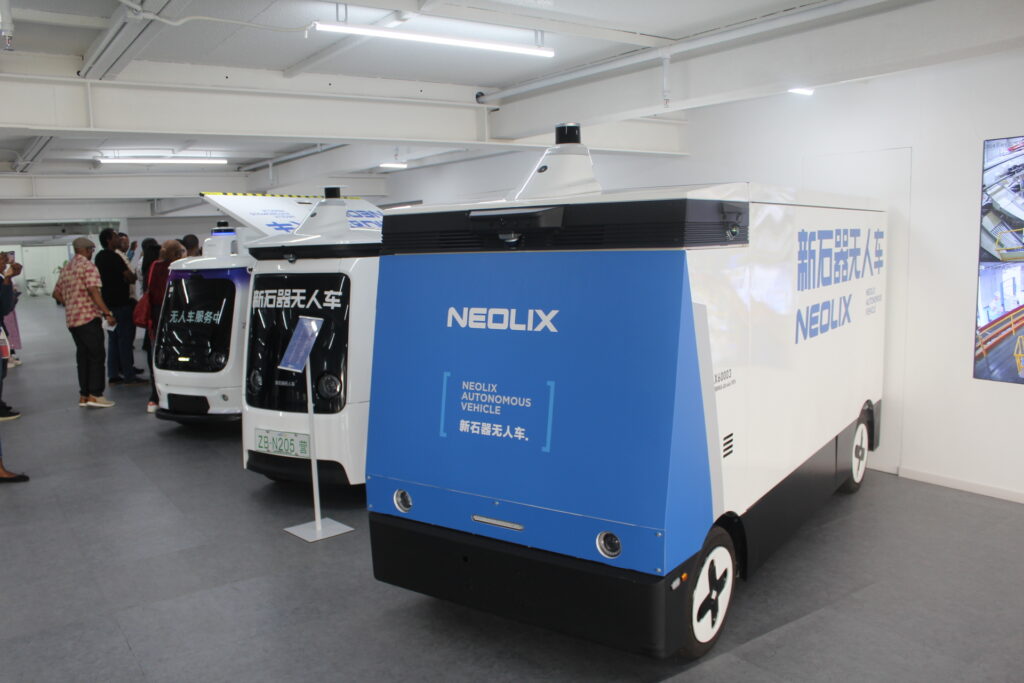
Neolix is attracting global attention and has, to date, entered into partnerships with the governments of Singapore, the United Arab Emirates, Saudi Arabia and Germany.
Another shining beacon of China’s rising technological advancement is LLVISION, a Beijing-based firm offering augmented reality (AR) smart glasses.
The company was founded in 2014 by an elite team of engineers who had previously worked for tech giants including Google, Lenovo, Microsoft, Intel and China Aeronautics—providing AR and AI services to enterprise customers.
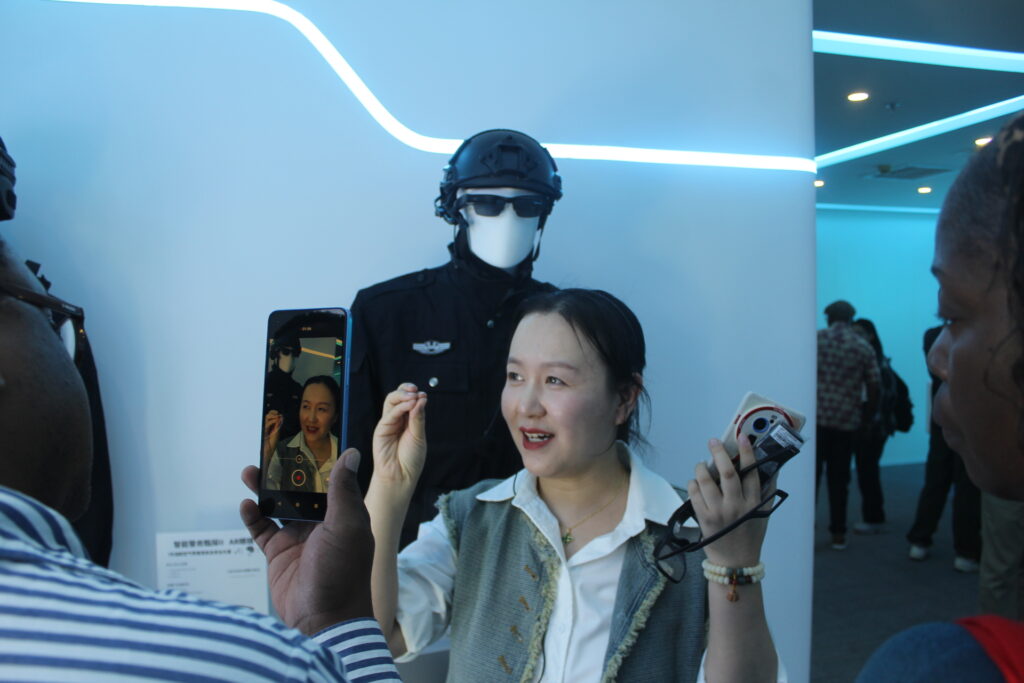
Guided by a vision to make “communication between human, machine and data more intuitive”, LLVISION’s flagship product is its Leion line of AR smart glasses for the deaf and hearing-impaired.
With some 27.8 million hearing-impaired citizens across mainland China, LLVISION’s customer base has grown globally, boasting over 5,000 enterprise-level customers in 100 countries since conception. The product, which weighs 80 grams presently, is also equipped with translation services, decyphering 140 languages in 0.5 seconds for a near real-time experience. The Leion line starts at US$1,000 (Leion Hey)—up to US$2,000 (Leion Pro) and is compatible with 4G and 5G technology.
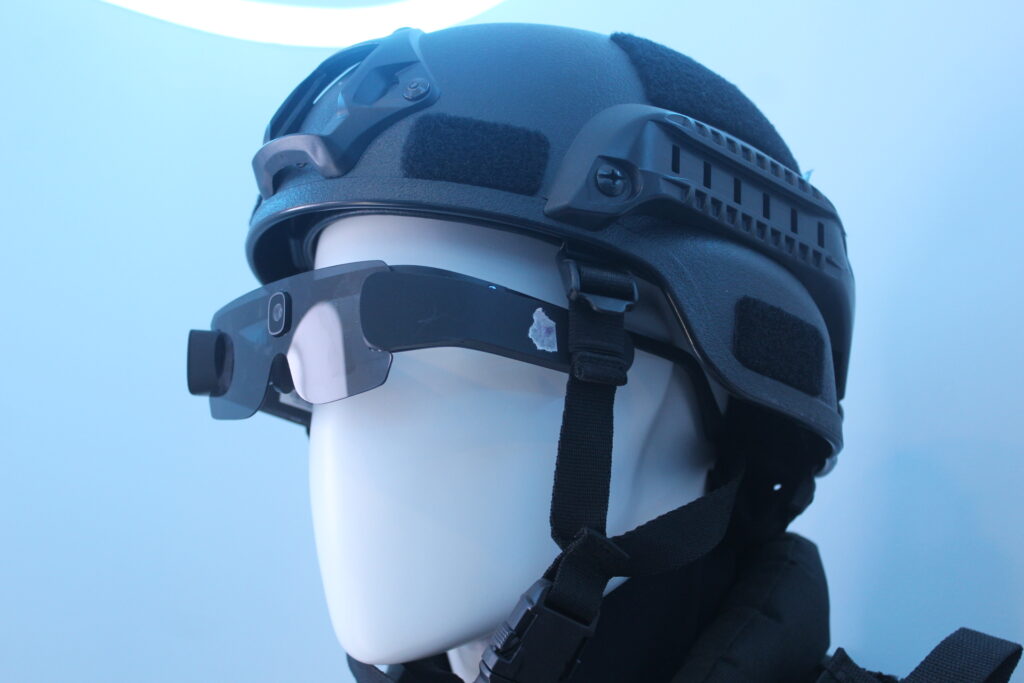
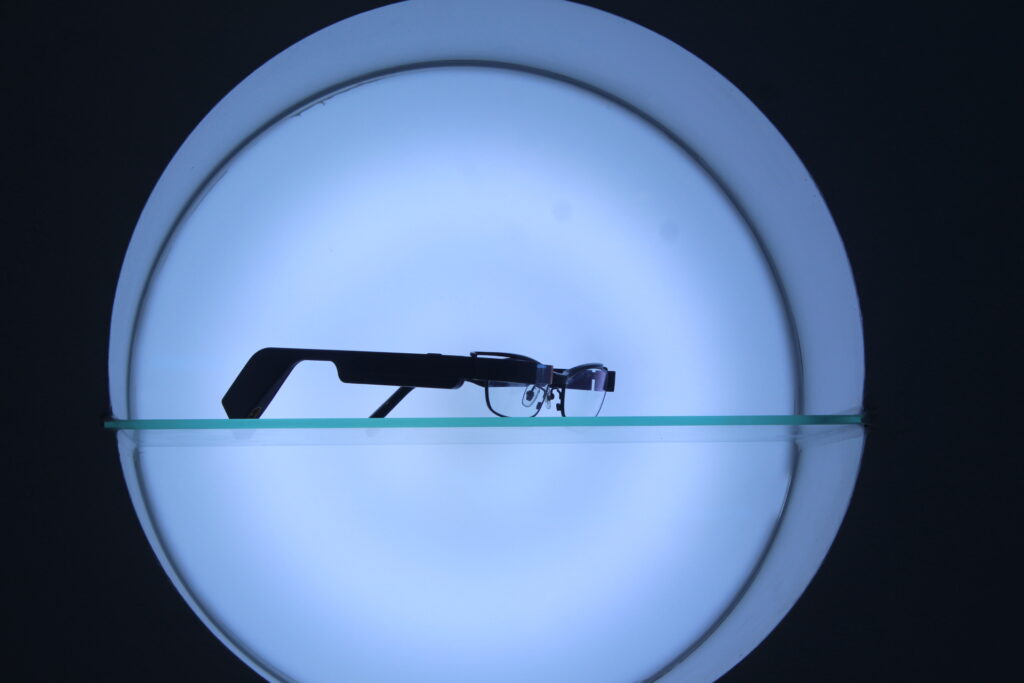
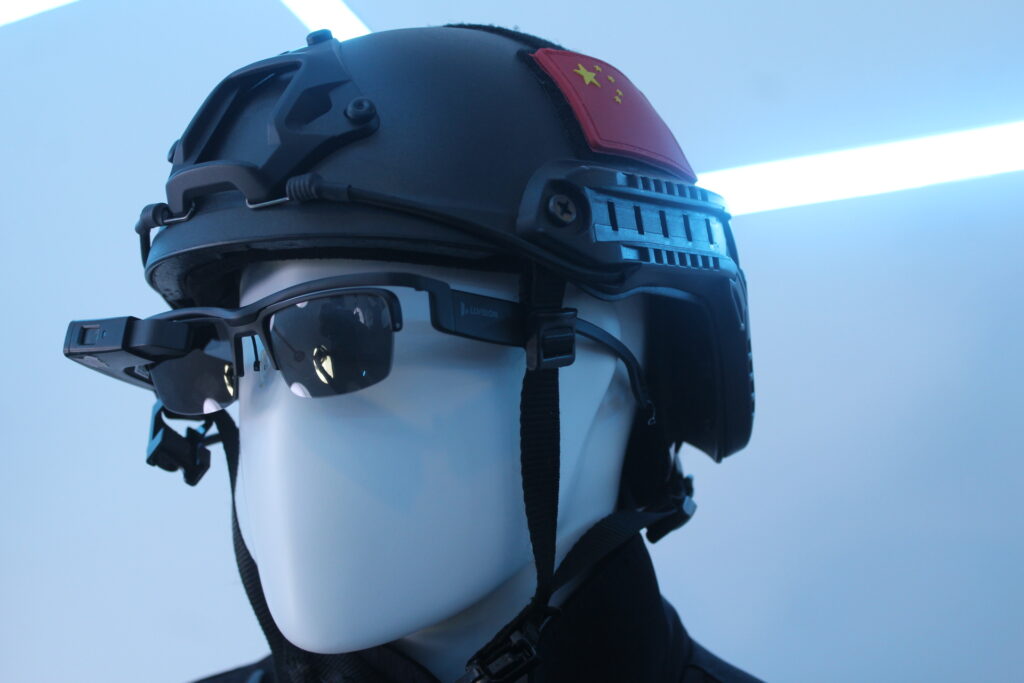
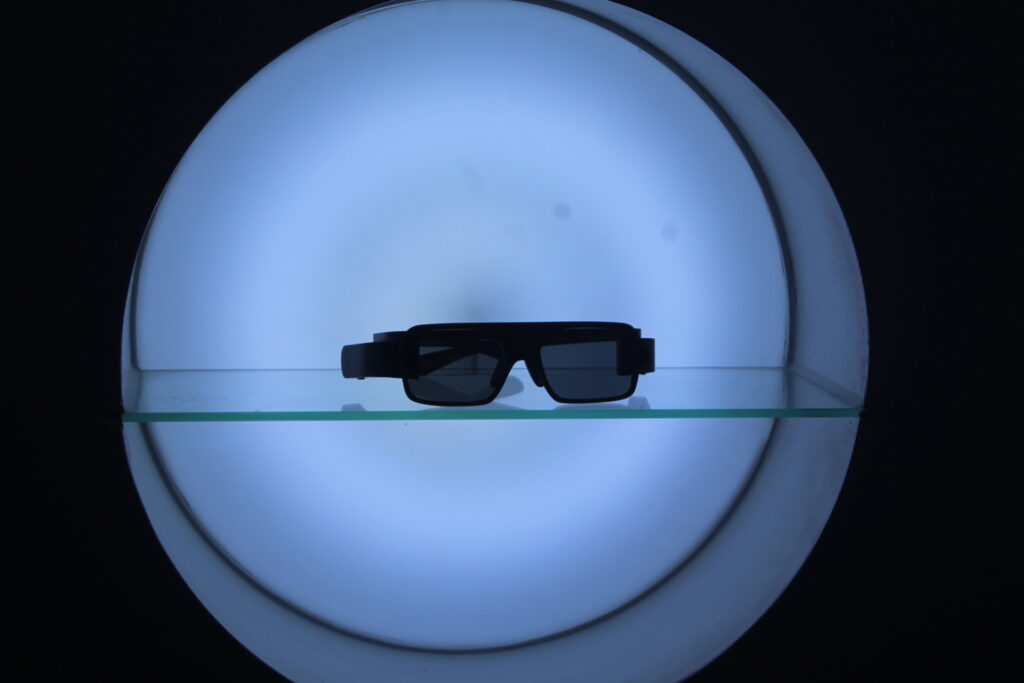
Experts at LLVISION told Our Today that the next stage of development will target reducing the weight of the AR glasses in addition to future plans to introduce music and geonavigation applications.
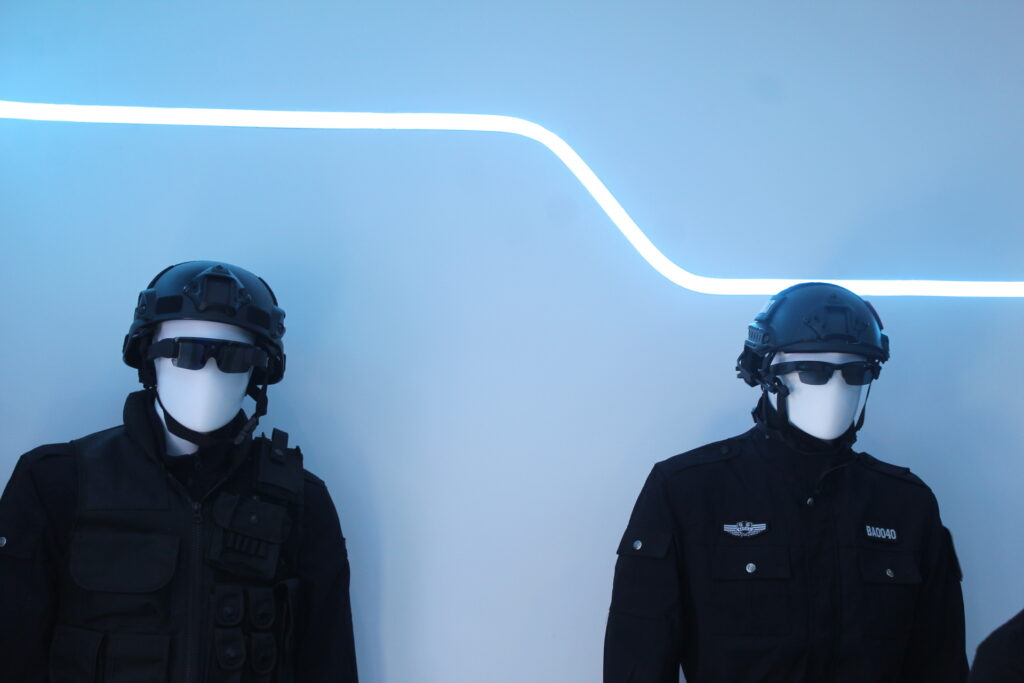
LLVISION also offers facial recognition technology, with its products being vital partners to the Shanghai Public Security Bureau, Shanghai Customs as well as several other firms within the security and construction sectors. Its face detection technology is able to check five people simultaneously from a maximum distance of 25 metres.



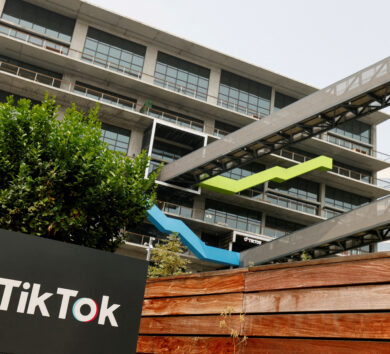



Comments